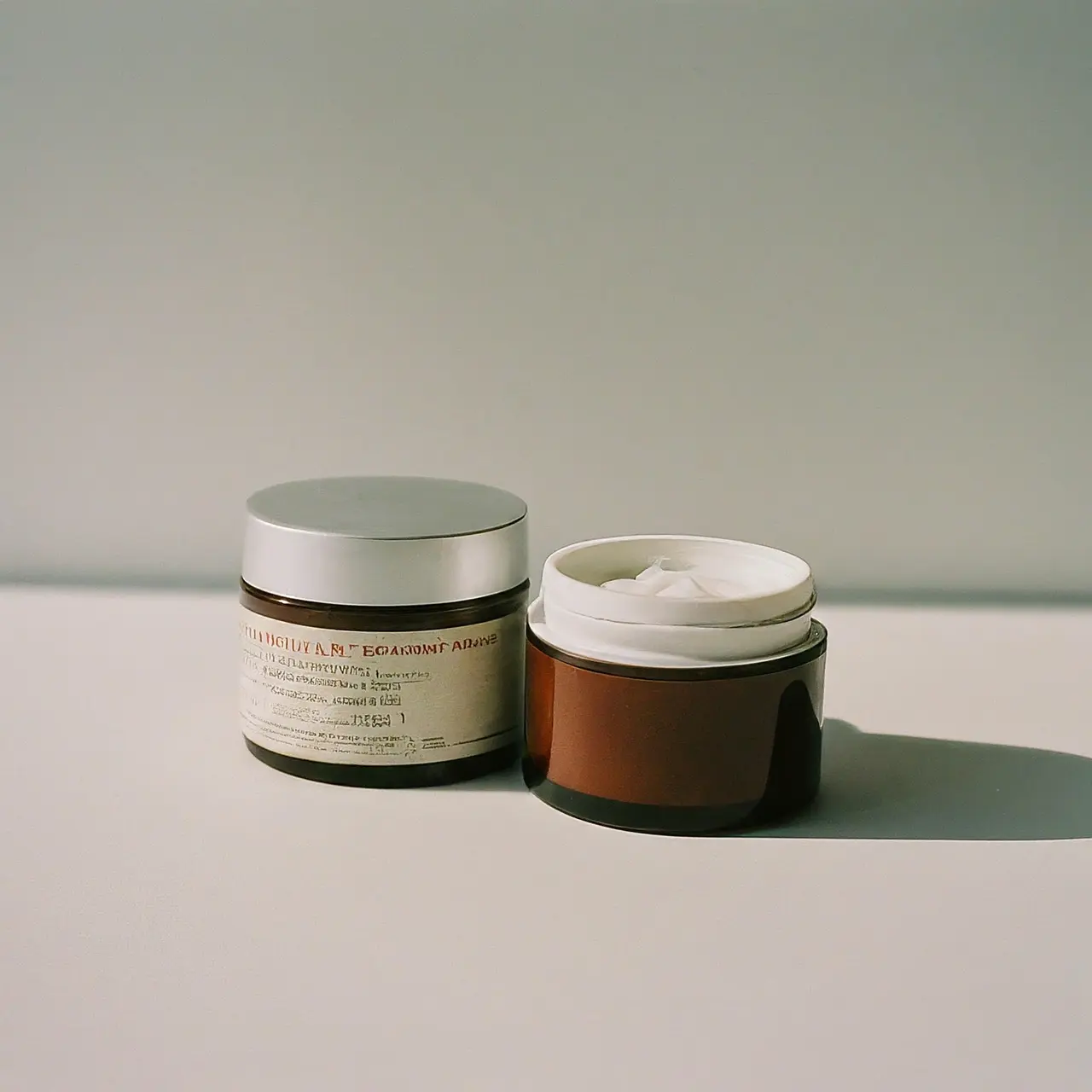The Science Behind Firming Creams: What You Need to Know
In an era where youthful skin is not just desired but actively pursued, firming creams have surged to the forefront of skincare. But what is it that propels these products beyond mere moisturizers to become coveted elixirs of skin firmness? Dive into the science that underpins the efficacy of firming creams and how they promise to turn back the clock on your skin.
The Basics: How Firming Creams Work
At the heart of every firming cream is a blend of active ingredients designed to tighten and enhance the skin’s elasticity. These products meticulously target the skin’s surface and deeper layers, promoting a firmer, more youthful appearance. Through the stimulation of collagen production and the reinforcement of the skin’s natural barrier, firming creams offer a dual-action approach to mitigating the signs of aging.
Firming creams go beyond superficial hydration to address the root causes of skin sagging. By replenishing moisture and nutrients, they help restore the skin’s innate resilience against environmental stressors and aging processes. This integral support aids in smoothing fine lines and wrinkles, providing a visibly lifted and sculpted appearance over time.
Key Ingredients in Effective Firming Creams
The efficacy of a firming cream is largely contingent upon its formulation. Ingredients such as retinol, peptides, hyaluronic acid, and antioxidants are pivotal in enhancing skin firmness. Retinol accelerates cell turnover and promotes collagen synthesis, while peptides act as building blocks for proteins essential for skin elasticity. Hyaluronic acid draws moisture into the skin, plumping it from within, and antioxidants ward off damage from free radicals.
Understanding the synergy between these ingredients is critical. For instance, the combination of peptides with vitamin C, a potent antioxidant, can significantly boost collagen production, further enhancing the skin’s firmness and texture. Similarly, niacinamide works to reinforce the skin’s barrier, improving its elasticity and overall health.
The Role of Collagen and Elastin in Skin Firmness
Collagen and elastin are the scaffoldings that maintain skin’s firmness and elasticity. Firming creams aim to protect and replenish these critical proteins, slowing the natural degradation process that occurs with age. Techniques such as micro-encapsulation deliver these substances deeper into the skin, ensuring that their restorative benefits are maximized. Furthermore, the decline in natural collagen and elastin production over time underscores the necessity for topical aids that can stimulate their synthesis, ensuring the longevity of skin’s youthful visage.
Comparing Firming Creams: Natural vs. Synthetic
In the realm of firming creams, a dichotomy exists between natural and synthetic formulations. Natural firming creams often harness botanical extracts and oils, renowned for their gentle yet effective properties. For instance, aloe vera and green tea offer hydrating and antioxidant benefits, respectively, without the harshness of synthetic additives. Conversely, synthetic firming creams may provide more immediate results due to potent active ingredients, yet they can carry the risk of skin irritation for some users.
The decision between natural and synthetic lies in understanding one’s skin type and preferences. While individuals with sensitive skin may gravitate towards natural formulations for their hypoallergic qualities, others might prefer the accelerated benefits associated with synthetic components. The key lies in a balanced approach, acknowledging the merits and limitations of each to make an informed decision tailored to your skin’s needs.
How to Choose the Right Firming Cream for Your Skin Type
Selecting the appropriate firming cream necessitates a deep dive into individual skin types and concerns. Dry skin types may benefit from richer, more emollient creams that include hydrating agents like hyaluronic acid, while oily or acne-prone skin might seek lighter formulations that provide firming benefits without exacerbating skin congestion. It’s essential to assess ingredients for their compatibility with your skin, aiming for a product that addresses specific concerns such as sensitivity or the propensity for breakouts.
Application Tips for Maximum Effectiveness
For firming creams to deliver their full potential, correct application is key. Begin with a cleansed and toned face, applying the cream in upward, sweeping motions to encourage lifting effects. Incorporating a gentle massage can enhance absorption and stimulate circulation, further augmenting the firming process. Consistency is crucial; for best results, apply the cream as directed, typically twice daily. Over time, this diligent regimen can lead to noticeable improvements in skin texture, firmness, and overall appearance.
Embracing the Journey to Youthful Skin
Navigating the world of skincare, particularly firming creams, is akin to embarking on a quest for the Holy Grail. Armed with knowledge about key ingredients, the importance of collagen and elastin, and the insights on how to choose the best firming cream for your skin type, your journey has a defined direction. Firming creams are not just about instant gratification but about understanding and investing in products that give your skin the nutrients and support it needs to remain youthful, supple, and vibrant. In essence, the science behind firming creams illuminates a path to achieving not just a firmer skin but a deeper relationship with your skincare routine.










